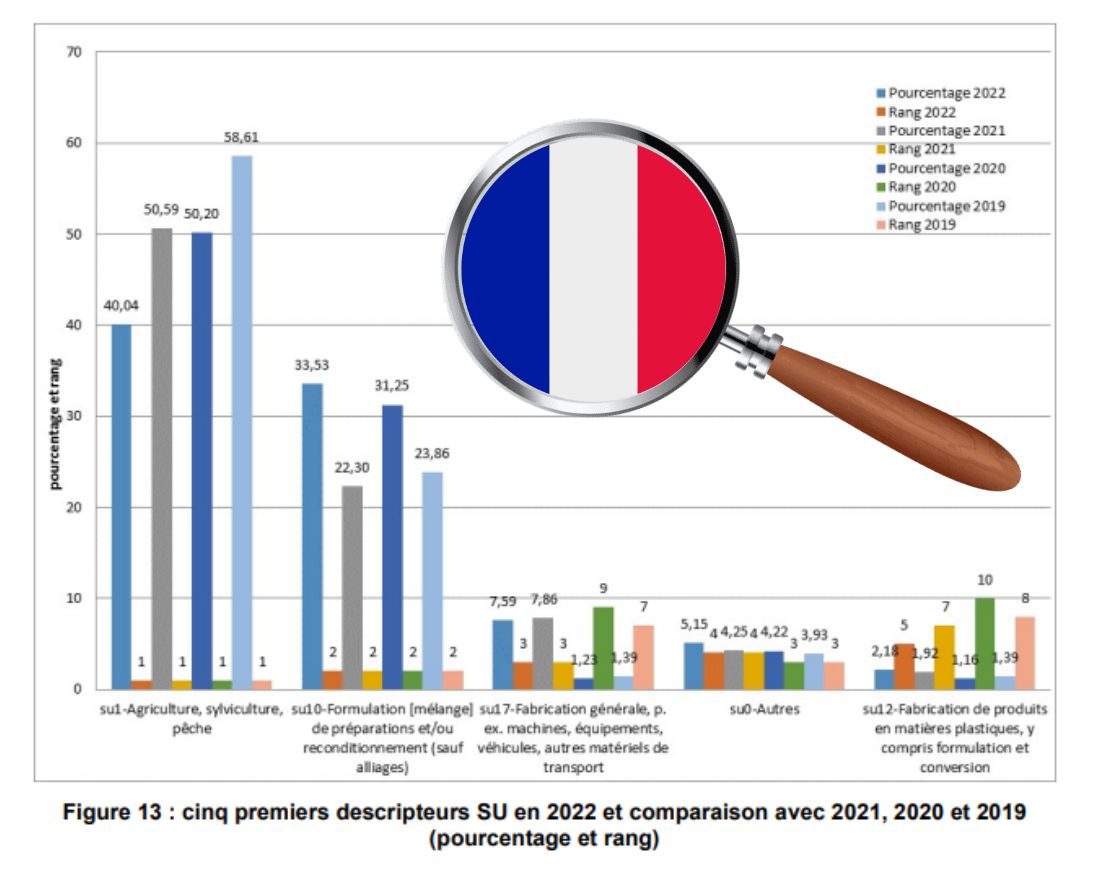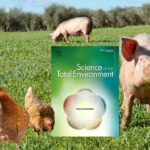
Consultation on improving information on nanos in France
The French Ministry of Ecological Transition has launched a consultation on the format and content of the r-nano report published each year.
The survey, composed of around twenty questions, is to be completed online by October 18.
Towards a new, more accessible and usable format?
The French Ministry of Ecological Transition’s General Direction of Risks Prevention (DGPR) has launched a consultation on the format and content of the r-nano report published each year on the Ministry of Ecological Transition‘s website and the R-Nano register site, as part of a “reflection on a possible revision of its format”. To this end, it has published this survey, composed of around twenty open and closed questions, to be completed by September 30.
→ The stakes are indeed high: in its current state, the annual report is poorly accessible and usable (over 1,000 pages for the latest pdf report posted online, lists à la Prévert where pivot tables would be far more useful, etc.). Each year, AVICENN strives to extract the most useful and salient information1See, for example, our articles on the last 2 reports, published in April 2024 and April 2023, but it’s a rather tedious exercise. This is borne out by the small number of references to this annual review in scientific articles, institutional publications, the media and social networks.
For those of you who would like to dig deeper, here’s also :
- the pdf document with the full list of questions, enabling you to read the entire sure before completing the online form (and only the online form).
- the link to our dedicated page which keeps track of what has been written about this register since its creation more than 10 years ago: veillenanos.fr/…/r-nano/
Other projects underway for the r-nano register
Other works are underway at the French national health agency (Anses) to enhance the robustness and use of data from the r-nano register, and will be unveiled at the end of 2024.
For its part, AVICENN has been asking for several years for measures without which transparency and vigilance on nanos will remain empty words:
- Include, in the r-nano register, products containing declared nanos and make available to the public information on these products and the precise volumes of nanosubstances declared, by sector of use (agriculture, paints, cosmetics, food, etc.); these data are necessary for improving risk assessment and minimizing potential unintended exposure and environmental contamination resulting from their use.
- Broaden access to registry data so that all organizations and researchers working on nano-risk assessment and prevention can also have the opportunity to access the data, as also requested by the French High Council for Public Health (HCSP)2Cf. Bilan des connaissances relatives aux effets des nanoparticules de dioxyde de titane (TiO 2) sur la santé humaine; caractérisation de l’exposition des populations et mesures de gestion, HCSP, April 2018 in particular. The HCSP obtained this right last year3 Cf. Decree no. 2023-196 of March 22, 2023 relating to the availability of information obtained in application of articles L. 523-1 and L. 523-2 of the Environment Code, but neither INSERM, CNRS, INRAé nor CEA, for example, have access to it, not to mention OHS staff and other players in the field of prevention, let alone local residents, environmental or consumer associations, trade unions or AVICENN.
[This newsflash was has been amended to update the consultation deadline, set for September 30 and then October 18, 2024].

Other nano-related news
Next nano events


- The webinar will present an overview of the key findings of the OECD report on safe and sustainable by design tools, integrative systems and platforms for nanomaterials and nano-enabled products and on its perspectives on how SSbD tools and systems can be applied in practice to support decision making, innovation and regulatory preparedness for nanomaterials and nano-enabled products.
- Organizer: OECD
- Website: https://meetoecd1.zoom.us/webinar/…

- International conference on metallic nano-objects for experts working in the interdisciplinary field of metallic nanoparticles, with a particular emphasis on nanoparticle synthesis and characterization, plasmonics, optics and photonics, catalysis, biomedicine, electronics, and nanoparticle recycling
- Organizers / Partners: CNRS, Bordeaux University, Bordeaux INP, ICMCB, CRPP, CBMN, ISM
- Website: https://mno2026.sciencesconf.org
- Two days of information, discoveries and testimonials for occupational health and safety professionals, experts and enthusiasts to discuss chemical risk prevention in the workplace.
- Organizers: Association TOXILIST
- Website: https://toxidays.fr/
Notes and references
- 1See, for example, our articles on the last 2 reports, published in April 2024 and April 2023
- 2
- 3



